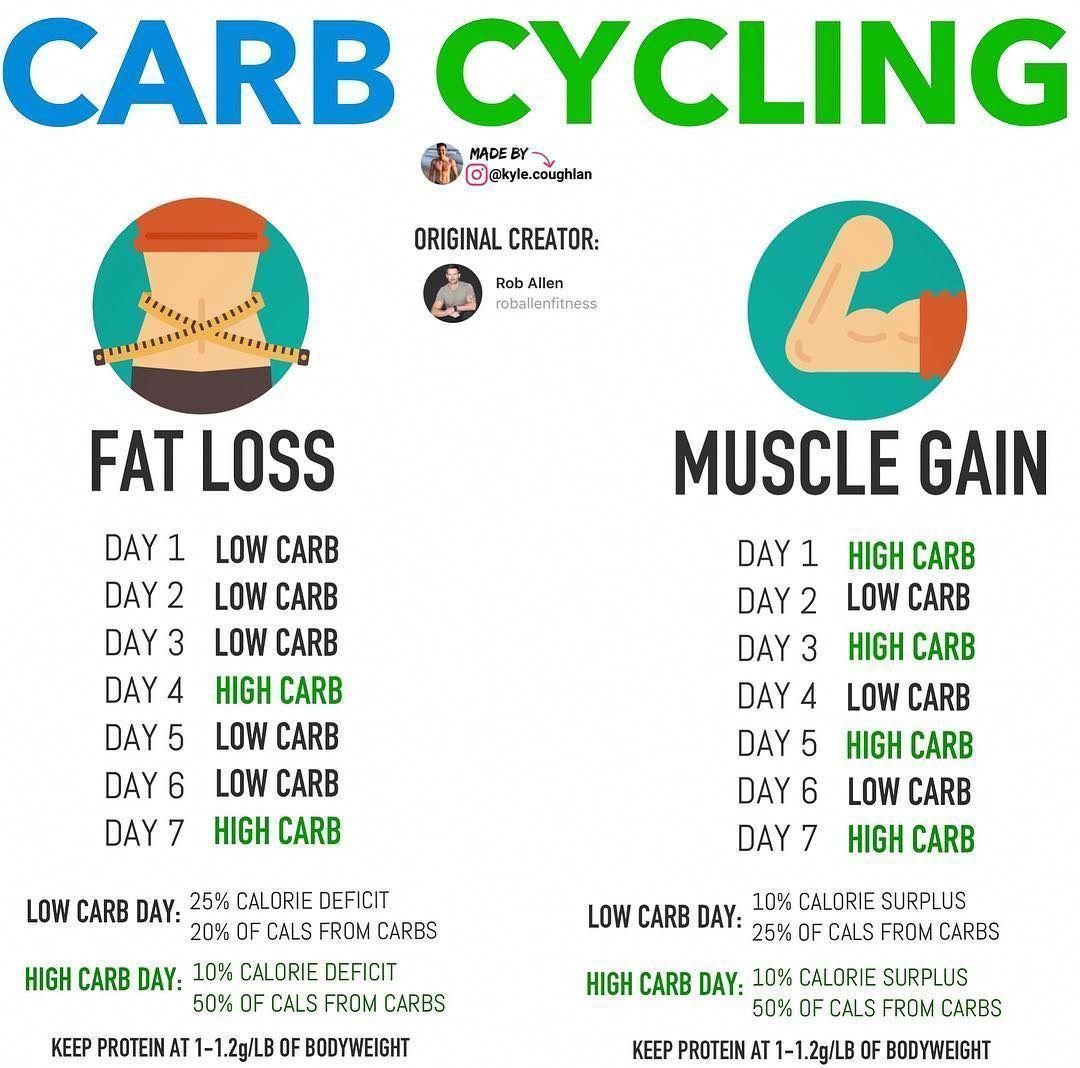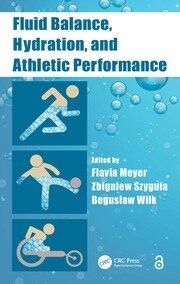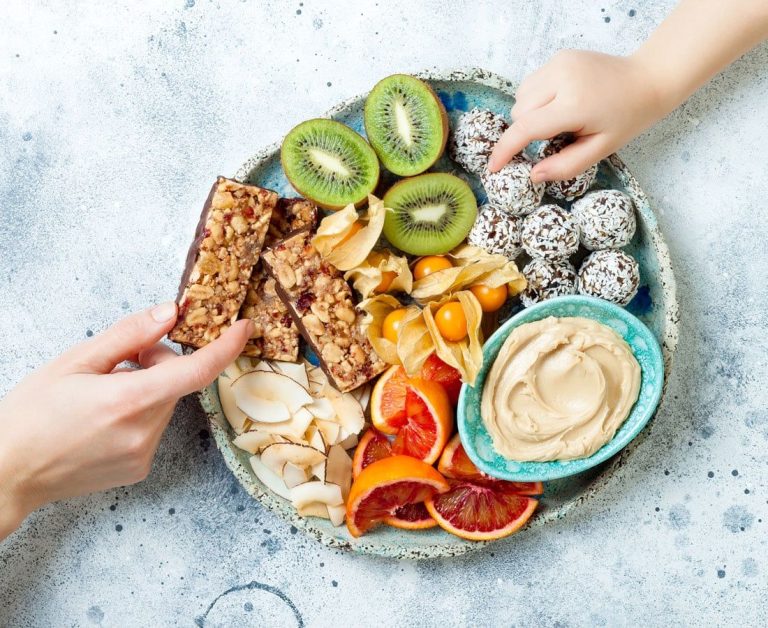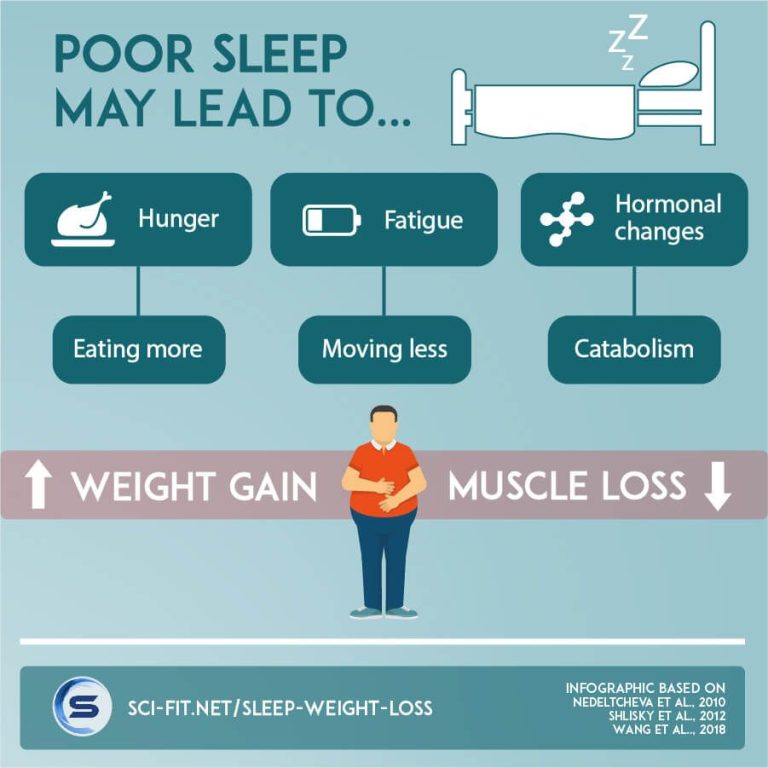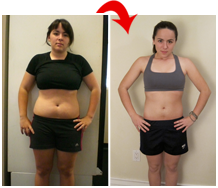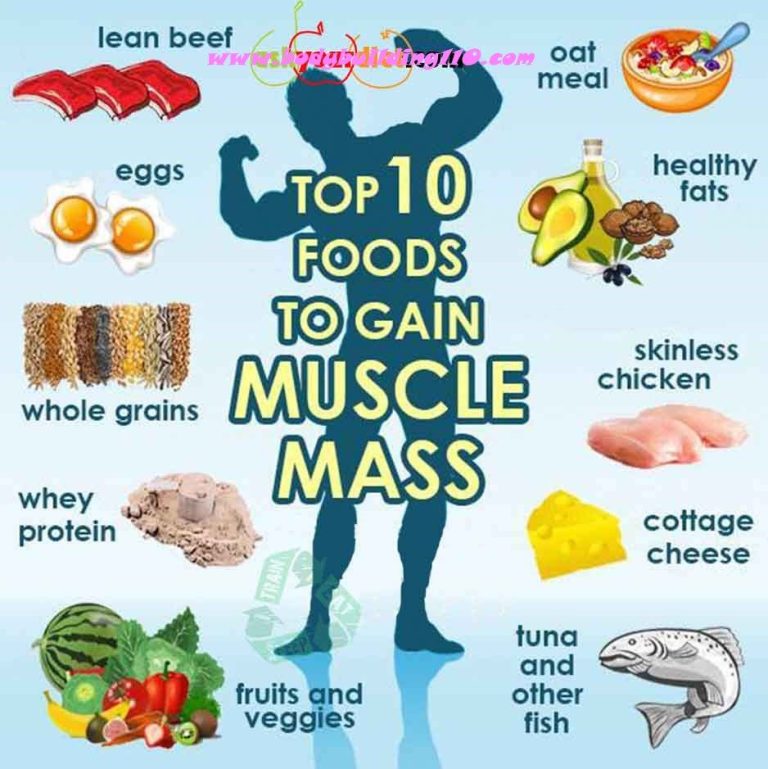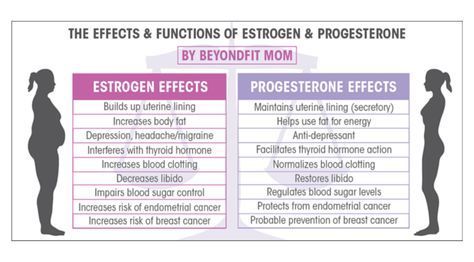When it comes to exercise, one of the most important considerations is what you’re fueling your body with. Carbohydrates, often referred to as carbs, play a crucial role in providing energy for your workouts. This article will explore the relationship between carbohydrates and exercise and how to effectively fuel your workouts for optimal performance.
Understanding Carbohydrates
Carbohydrates are a macronutrient that provide the body with energy. They are broken down into glucose, which is then converted into adenosine triphosphate (ATP), the primary energy source for your muscles during exercise. There are two types of carbohydrates: simple and complex.
1. Simple Carbohydrates
Simple carbohydrates, also known as sugars, are digested and absorbed quickly, providing a rapid source of energy. They are found in foods such as fruits, honey, and processed sugar. While simple carbohydrates can provide a quick burst of energy, they are digested rapidly and may lead to a crash in energy levels shortly after consumption.
2. Complex Carbohydrates
Complex carbohydrates are made up of longer chains of sugar molecules and take longer to digest. They are found in foods such as whole grains, vegetables, and legumes. Complex carbohydrates provide a more sustained release of energy and are crucial for endurance and prolonged exercise sessions.
The Role of Carbohydrates in Exercise
Carbohydrates are the body’s preferred source of fuel during exercise. When you consume carbohydrates, they are stored in the muscles and liver as glycogen. During exercise, your body taps into these glycogen stores to provide the necessary energy for muscle contractions.
1. Fueling High-Intensity Workouts
High-intensity workouts, such as weightlifting or sprinting, rely heavily on carbohydrates to fuel the muscles. These types of exercises require quick bursts of energy, which are predominantly supplied by glucose from carbohydrates. Consuming an adequate amount of carbohydrates before these workouts can enhance performance and delay fatigue.
2. Endurance Exercise and Carbohydrate Loading
Endurance exercise, such as long-distance running or cycling, requires a sustained energy source. By consuming a high-carbohydrate diet leading up to an endurance event, you can “carbohydrate load” and increase your glycogen stores. This can improve your endurance and delay the onset of fatigue during prolonged exercise bouts.
Optimal Carbohydrate Intake
The amount of carbohydrates you need to consume depends on the duration and intensity of your workouts, as well as your individual goals. Here are some general guidelines to help you determine your optimal carbohydrate intake:
1. Pre-workout Carbohydrates
Consuming carbohydrates before a workout ensures that your glycogen stores are topped up, providing a readily available source of energy. Aim to consume a meal or snack containing both simple and complex carbohydrates 1-3 hours before your workout. This can include a banana with peanut butter or a whole grain wrap with lean protein.
2. During Exercise
If you’re engaging in prolonged endurance exercise lasting longer than 60-90 minutes, it may be beneficial to consume additional carbohydrates during your workout. This can be in the form of sports drinks, gels, or snacks that are easily digested. Be mindful of your body’s response to these carbohydrates, as some individuals may experience gastrointestinal discomfort during exercise.
3. Post-workout Carbohydrates
After a workout, it’s crucial to replenish your glycogen stores. Consuming carbohydrates within 30-60 minutes post-exercise can enhance glycogen synthesis. Opt for a combination of simple and complex carbohydrates, along with protein, to aid in muscle recovery and repair. Examples include a smoothie with fruit and yogurt or a turkey sandwich on whole wheat bread.
Conclusion
Carbohydrates are a vital component of any exercise regimen. They provide the energy needed for high-intensity workouts while sustaining endurance during prolonged exercise sessions. By understanding how to effectively fuel your workouts with carbohydrates, you can enhance your performance, delay fatigue, and optimize your exercise routine.
